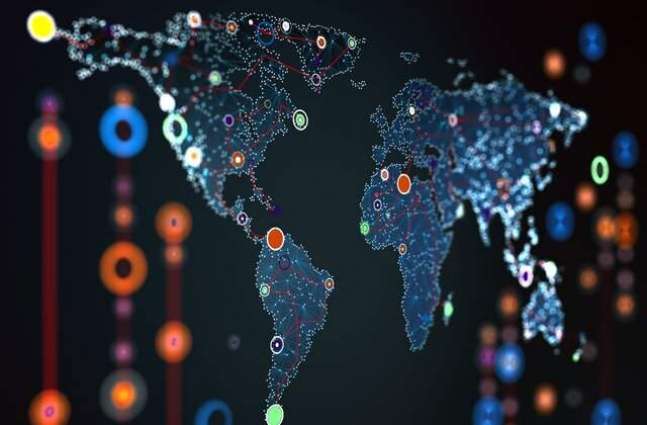While digital world is a huge, and positive, leap towards freedom of expression and speech, it is not uncommon for people to abuse this freedom
In today’s digital day and age, it is becoming easier and easier for us to reach millions of people, across the globe, with the click of a button. It is also becoming easier for us to put forward our opinions, views, perspectives and thoughts freely and openly. While this is a huge, and positive, leap towards freedom of expression and speech, it is not uncommon for people to abuse this freedom. While violence and harassment is often understood as infliction of physical pain and/or verbal abuse, violence can seep into the digital and online sphere as well.
Similarly, hate speech, commonly misunderstood to be limited only to hateful verbal or written messages, can exist in many shapes and forms both online and offline.
Because of the blurring lines between hate speech and free speech, harassment, violence and hate speech is not only dangerously widespread but is being normalized as a regular experience, especially for marginalized and vulnerable communities. According to a survey, at least 34% women, among the survey respondents, have experienced online harassment and abuse.
Additionally, 55% of respondents had witnessed other women being bullied by men online. It is therefore no surprise that, according to the survey, 70% women stated they were uncomfortable in posting their pictures online.
Sitting behind a screen, it is very easy to bully someone online, without fear of consequences. This behavior, consequently, is starting to make the internet, social media in particular, an increasingly toxic environment.
Such behavior patterns not only incite hatred and violence but also create an environment where discrimination and inequality against marginalized communities persist and worsen. It is vital for us to understand the difference between free speech and hate speech. Only when we understand that hate speech is not part of free speech will we be able to put an end to it. In an effort to put an end to this rising social crisis, the Government of Pakistan has introduced various initiatives and measures.
With the development of the Cyber Rescue Helpline, victims of cyberbullying, harassment and hate speech can register cyber crime complaints on their website or their helpline 1991.
Section 9 of Pakistan’s Prevention of Electronic Crimes Act, 2016, states “Whoever prepares or disseminates information, through any information system or device, with the intent to glorify an offence and the person accused or convicted of a crime relating to terrorism or activities of proscribed organizations shall be punished with imprisonment for a term which may extend to five years or with fine which may extend to ten million rupees or with both.
” Similarly, Section 153A of Pakistan’s Penal Code states, “Whoever promotes or attempts to promote, on grounds of religion, race, place of birth, residence, language, caste or community or any other ground whatsoever, disharmony or feelings of enmity, . . . shall be punished with imprisonment which may extend to three years, or with fine, or with both.”
This rising social crisis has widely been spoken about online and offline.
A recent digital campaign called #BoloMagarPyarSe was seen trending on Twitter calling online and offline audiences to adopt a zero tolerance policy towards hate speech. The campaign initiated by Mashal-e-haq also draws much needed comparisons between freedom of expression and hate speech, creating awareness about the importance of free speech and the consequences of hate speech. Not only is this a very relevant issue to address but also a very important one. You can find Mashal-e-Haq on twitter at @Mashalehaq and add your voice to the cause.




